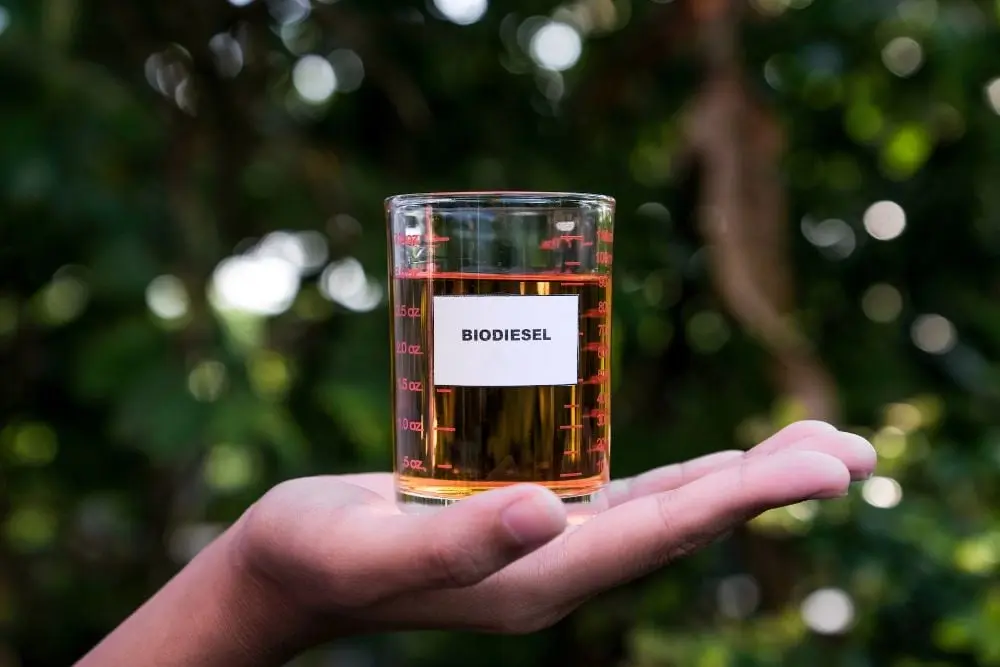Indonesia is exploring the feasibility of increasing its biodiesel blend to 50% (B50) by 2026 as part of efforts to reduce dependency on imported fossil fuels. The energy ministry revealed ongoing studies to assess the potential impact of the new mandate while also considering a 3% blend for aviation fuel next year.
As the world’s largest palm oil producer, Indonesia has been steadily raising its biodiesel mandate. This year, the required palm oil content in biodiesel was increased from 35% to 40% (B40). The government aims to further boost this percentage, aligning with its broader strategy for energy security and carbon emission reduction.
To support the biodiesel program, the state plantation fund is set to distribute 35.47 trillion rupiah (US$2.2 billion) in subsidies. This financial backing will cover nearly half of the projected 15.62 million kiloliters of biodiesel expected to be sold in 2025.
Indonesia's push for higher biodiesel content is closely tied to its palm oil industry. A higher blend requirement could boost domestic palm oil consumption while reducing reliance on fossil fuel imports. However, it also raises concerns over supply chain sustainability, pricing fluctuations, and global environmental scrutiny.
The move toward B50 aligns with Indonesia’s broader commitment to renewable energy and emissions reduction. However, the transition poses logistical challenges, including the need for infrastructure upgrades and technological advancements to ensure the fuel’s compatibility with existing engines.
The government’s consideration of a 3% biofuel blend for jet fuel signals further ambition to expand its renewable energy initiatives into the aviation sector. This aligns with global trends as countries seek alternative fuels to meet sustainability goals.
While the B50 plan could significantly impact both local and global biodiesel markets, its success depends on market conditions, technological readiness, and policy execution. With increasing pressure for sustainable fuel solutions, Indonesia’s strategy will likely play a key role in shaping the future of biofuels in the region.
PHOTO: SHUTTERSTOCK
This article was created with AI assistance.
Read More






 Thursday, 05-03-26
Thursday, 05-03-26







